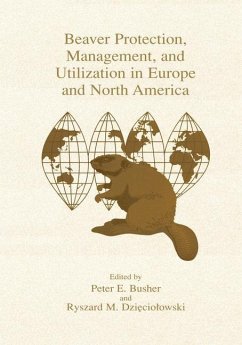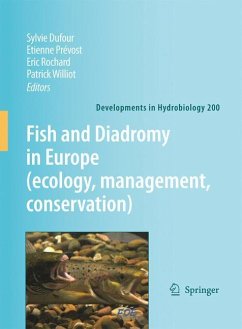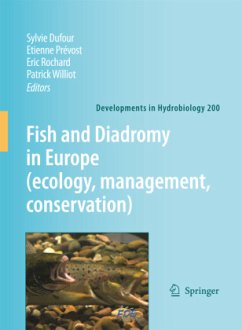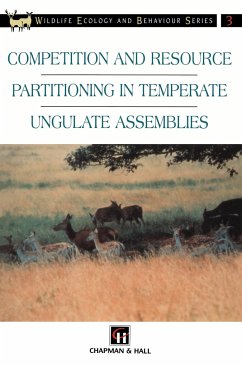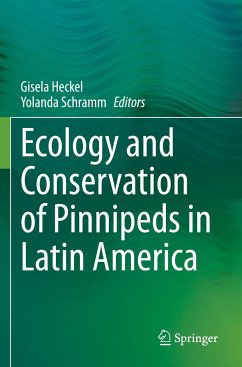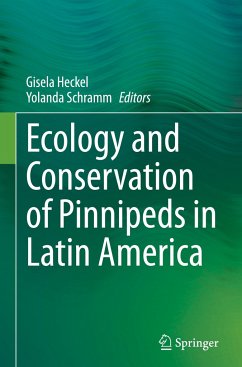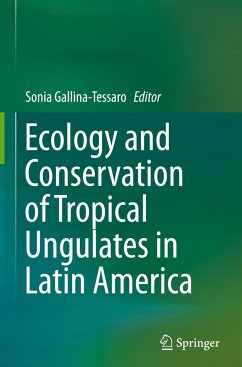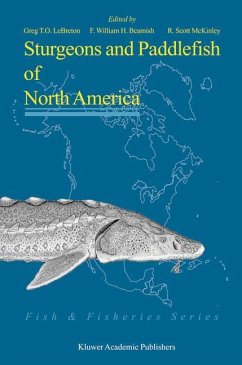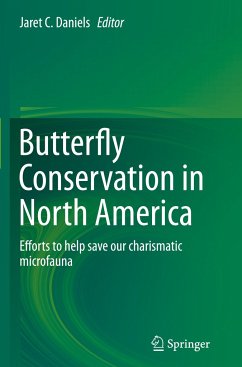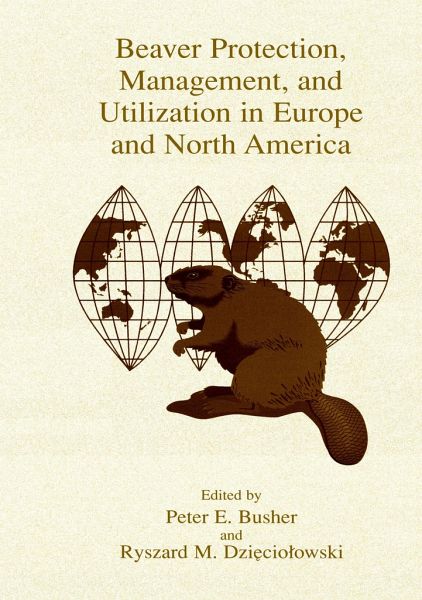
Beaver Protection, Management, and Utilization in Europe and North America
Versandkostenfrei!
Versandfertig in 6-10 Tagen
113,99 €
inkl. MwSt.

PAYBACK Punkte
57 °P sammeln!
By the end of the 19th century both beaver species had been extirpated from large portions of their native ranges. The global decline in beaver populations was the direct re sult of exploitation by humans. Now, at the end of the 20th century, protection, manage ment, and reintroduction programs, coupled with a decline in the demand for beaver fur and other products, have allowed beaver populations to increase dramatically. Since bea vers actively modify their local environment their activities can conflict with human land use. Because of this, the beaver, once considered a unique and exotic co...
By the end of the 19th century both beaver species had been extirpated from large portions of their native ranges. The global decline in beaver populations was the direct re sult of exploitation by humans. Now, at the end of the 20th century, protection, manage ment, and reintroduction programs, coupled with a decline in the demand for beaver fur and other products, have allowed beaver populations to increase dramatically. Since bea vers actively modify their local environment their activities can conflict with human land use. Because of this, the beaver, once considered a unique and exotic component of wet lands, is now often considered a nuisance species. The history, as well as the current status, of beaver populations in Europe and North America provide insight into how con servation programs work, and into how humans and wildlife interact. The initial plenary lecture of the Euro-American Mammal Congress (July, 1998) was presented by Dr. Michael L. Rosenzweig, a professor at the University of Arizona. Dr. Rosenzweig discussed how humans have used and continue to use natural resources, in cluding wildlife and wildland. He provided evidence indicating that the current model of reservation conservation could not provide a long-term solution to the human-wild life/wildland conflict. Dr. Rosenzweig emphasized that what is required is a move away from purely exploitive activities (I would call this exploitive ecology) and the develop ment of a reconciliation ecology with wildlife.





